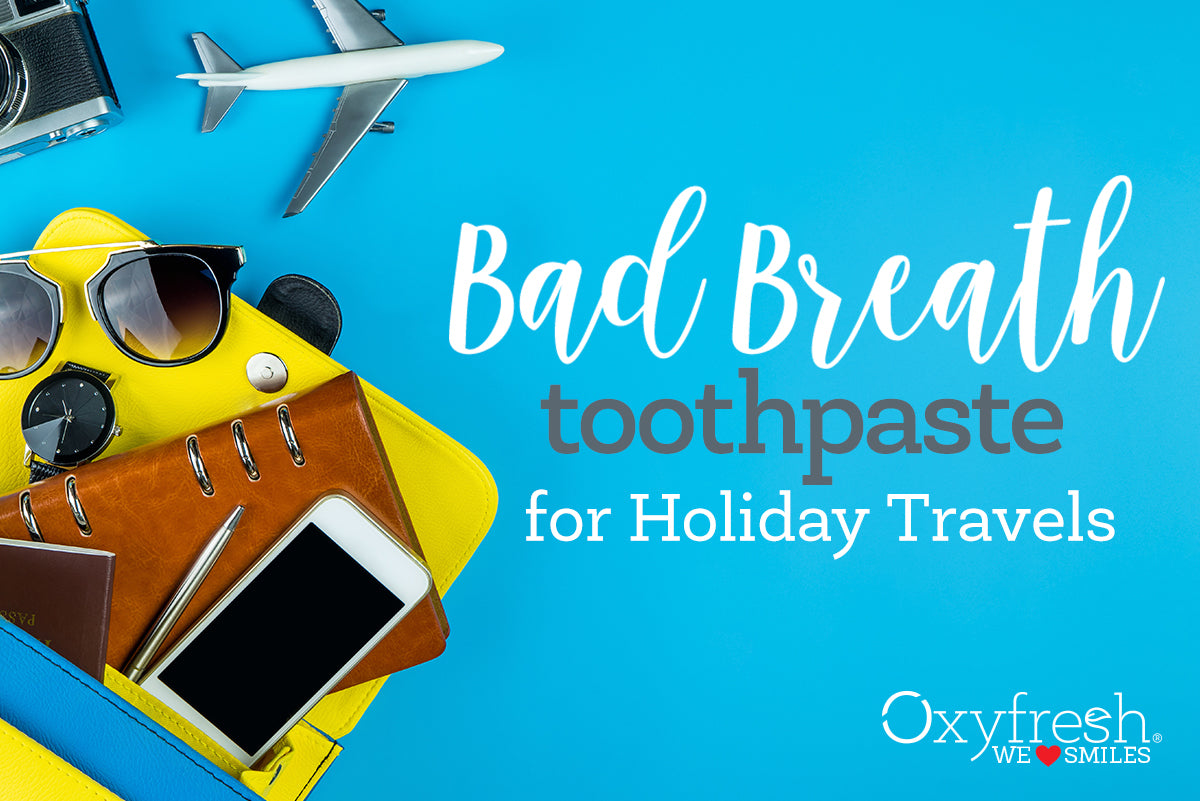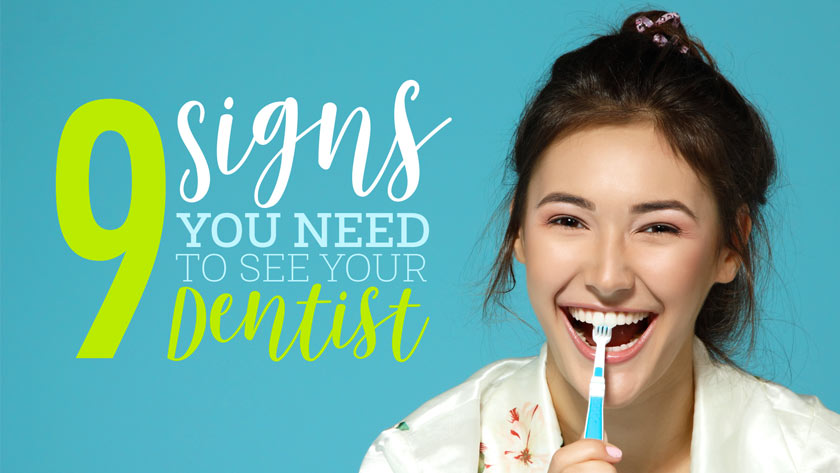A whiter, brighter smile brings with it many benefits, such as increased self-confidence, a more youthful appearance, and better first impressions.
But there’s one major downside to teeth whitening, whether you use at-home strips or visit the dentist: teeth sensitivity.
Does teeth whitening sensitivity mean you have to abandon ship on your smile? And, are there certain dental products you can use at home for sensitive teeth and gums? Keep reading to get the scoop.
How Common Is Tooth Sensitivity After Teeth Whitening?
Sensitivity after teeth whitening is extremely common, affecting nearly 65 percent of those who choose to do it. The good news is that in half the cases, sensitivity levels are mild. Only 4 percent of people experience severe tooth sensitivity after using dentist-dispensed at-home teeth whitening systems (with a 15 percent carbamide peroxide), as reported by a treatment study published by the American Dental Association.
More good news: sensitivity from teeth whitening is not permanent, with discomfort usually lasting 1–3 weeks. Of course, if you already have sensitive teeth BEFORE teeth whitening, you’ll want to be extra diligent in ways to reduce your discomfort. (More on that below.)
Why Teeth Whitening Causes Sensitivity
It’s all about that dentin when it comes to sensitivity after teeth whitening treatments. Bleaching agents temporarily make your enamel more permeable (porous), which exposes the dentin of the tooth, where the nerves are housed. Once the minerals in your enamel rebuild after the treatment, your dentin should be better protected again.
Additionally, if you’re using a whitening tray that doesn’t fit properly, it can put undue pressure on your teeth, which can lead to sensitivity and other annoying ailments like headaches or jaw aches. Bleaching agents can also cause sensitive gums or even burns if the trays don’t fit right.
Choose Your Teeth Whitening Treatments Wisely
From OTC whitening strips to trays to in-office procedures, you have a lot of options when it comes to teeth whitening. The cost and results will vary depending on the route you choose, but in general, you should expect your teeth to be 4–8 shades lighter after whitening. Keep in mind, whitening will not be effective on composites or teeth that are brown.
Different treatments have different concentrations of bleaching agents, either hydrogen peroxide or carbamide peroxide. The greater the concentration, the greater the chance of tooth sensitivity. Likewise, the longer your teeth are exposed to a bleaching agent, the greater the risk for sensitivity. That’s why, if you’re bleaching your teeth at home, always follow the amount of time listed on the instructions, and don’t think that doubling the time will double your results!
As a rule, at-home whitening products have 3–20 percent peroxide and dental office systems have 15–43 percent. The benefit of having your dentist perform the teeth whitening is you get faster, more consistent results. But if you already know you have sensitive teeth, you may want to use at-home teeth whitening products with lower peroxide levels. If in doubt about the route that’s best for your smile and budget, talk to your dentist or hygienist.
How to Help Your Sensitive Teeth After Whitening
- Avoid extremely hot or extremely cold beverages post-treatment
- Wear a mouthguard at night if you’re a tooth grinder to avoid added stress on your enamel
- Don’t eat hard sticky candies – they can further trigger the nerves in your dentin
- Brush your teeth softly with an ultra-soft-bristled toothbrush
- Avoid acidic or sugary foods and drinks
- Use non-staining fluoride products to soothe and strengthen sensitive teeth
2 Amazing Fluoride Products for Sensitive Teeth and Gums
Whether you’re dealing with tooth or gum sensitivity after a teeth whitening treatment, or you have tooth sensitivity all the time, there are dental products with fluoride that can make a huge difference in your comfort levels and even get rid of tooth sensitivity altogether.
Oxyfresh, an innovative leader in home dental products since 1986, offers 2 unique and effective fluoride products for sensitive teeth and gums, each formulated with a safe and NON-STAINING concentration of sodium fluoride. Why counteract those beautiful whitening results with stannous fluoride products that will stain?
Plus, with Oxyfresh products, you get the gentle power of Oxygene® to dissolve bad breath molecules on contact, giving you hours of fresh breath confidence.
White smile + fresh breath = winning smile.
Check out these fluoride products from Oxyfresh and see what’s right for your dental routine at home.
1. Oxyfresh Cavity Protection Fluoride Toothpaste
This Low Abrasive Fluoride Toothpaste is a must for sensitive teeth. Unlike many toothpastes, it’s super low abrasion to pamper your enamel and protect the nerves of your dentin … ultra-important after a teeth whitening treatment. As the fluoride in this toothpaste desensitizes your teeth and gums, it will also protect from cavities. With zinc and natural spearmint leaf oil for added fresh breath superpowers!
2. Oxyfresh Cavity Protection Fluoride Mouthwash
Always alcohol-free for no burn, dry mouth or bad breath, Oxyfresh Fluoride Mouthwash is perfect if you have sensitive teeth or gums, exposed root surfaces, or just want to make sure you have fresh breath. Plus, it fights plaque buildup for the ultimate in cavity protection. That’s definitely worth a 60-second swish during your morning routine!
Don’t let tooth sensitivity keep you from smiling your best smile. Partner with Oxyfresh for dentist-recommended fluoride products for sensitive teeth (with the bonus of amazing fresh breath) and talk to your dentist about the teeth whitening option that’s just right for you.




